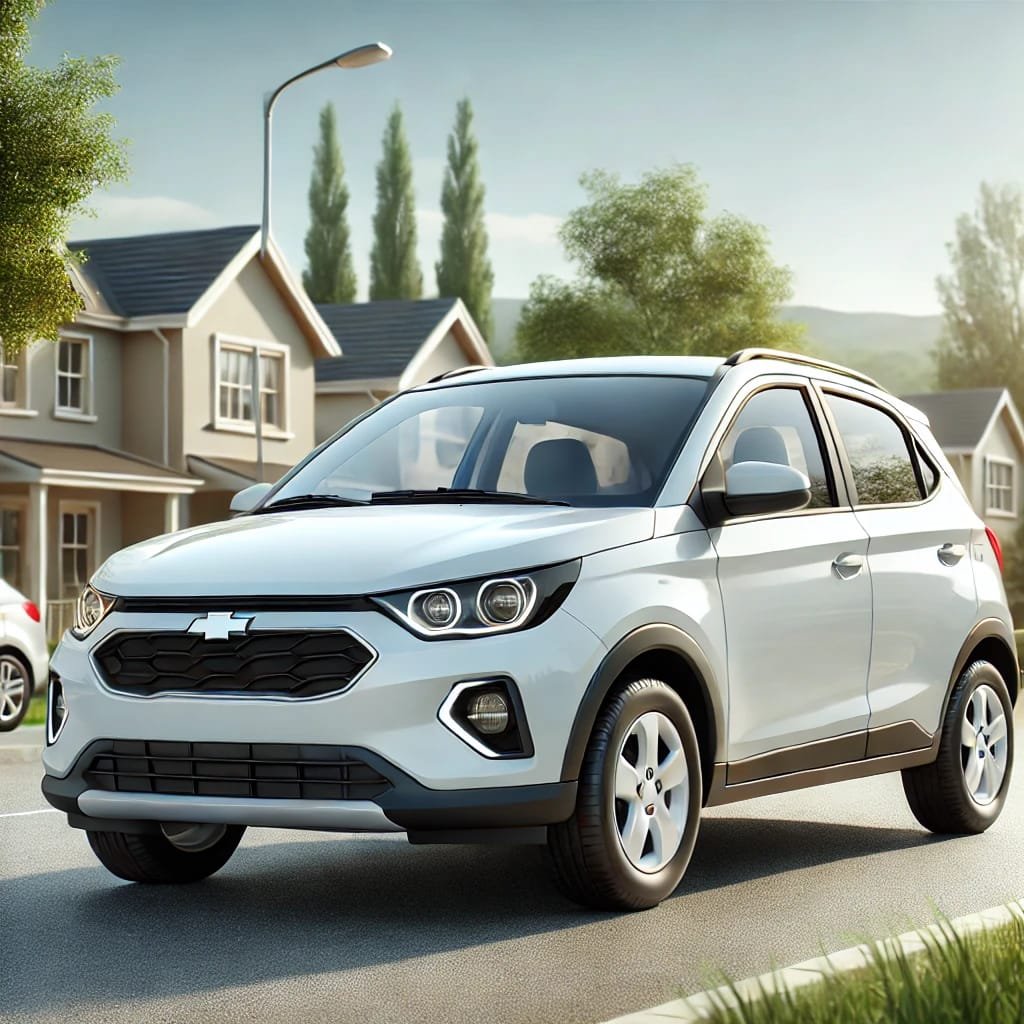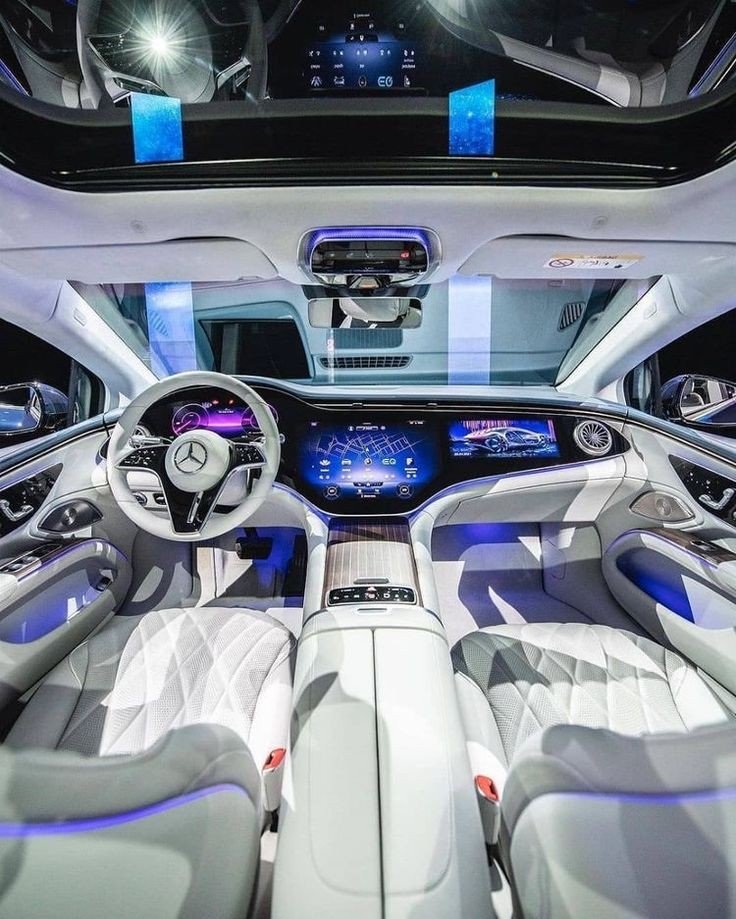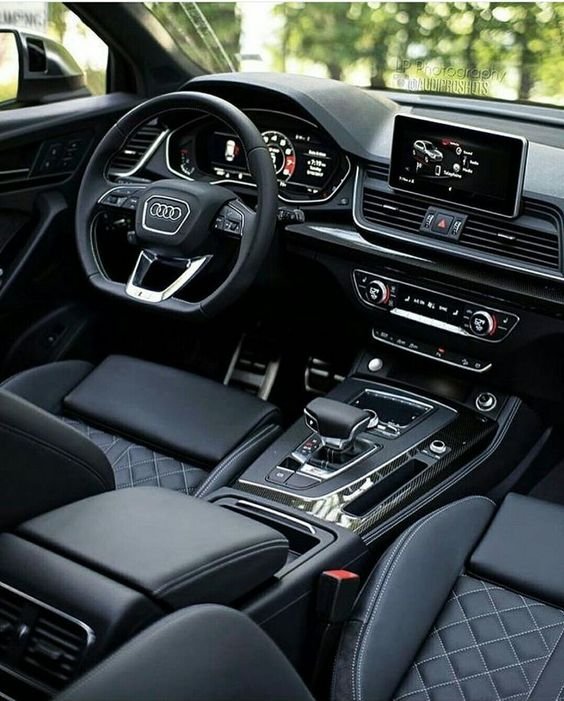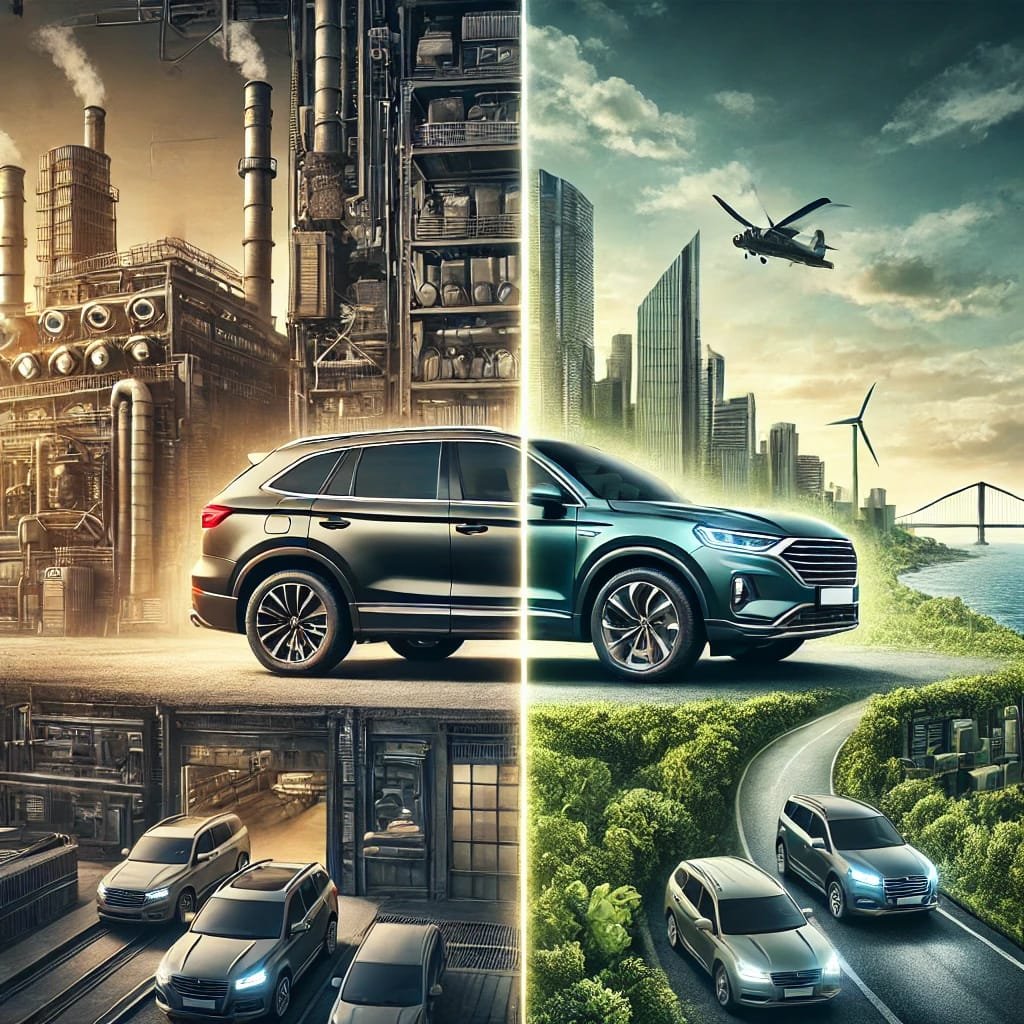
Electric cars, often hailed as the future of transportation, are increasingly popular for their environmental benefits and technological advancements. However, they are not without their drawbacks. This article explores the various disadvantages of electric cars, addressing concerns related to cost, infrastructure, range anxiety, environmental impact, and more.
1. High Initial Costs
Purchase Price
One of the most significant disadvantages of electric cars is their high initial purchase price. Electric vehicles (EVs) typically cost more than their internal combustion engine (ICE) counterparts. This is primarily due to the expensive materials and technology required for their production, especially the lithium-ion batteries that power them.
Battery Replacement
Although the cost of EV batteries has been decreasing, they remain a significant expense. Battery replacement can be costly, potentially running into thousands of dollars, which adds to the total cost of ownership. While most manufacturers offer warranties on batteries, the cost remains a concern for many potential buyers.
2. Limited Driving Range
Range Anxiety
One of the most cited drawbacks of electric cars is their limited driving range compared to traditional gasoline-powered vehicles. Range anxiety, or the fear of running out of battery power before reaching a charging station, remains a significant barrier to widespread EV adoption.
Impact of Weather and Driving Conditions
The driving range of electric cars can be significantly affected by weather conditions and driving habits. Cold weather, for example, can reduce battery efficiency, decreasing the vehicle’s range. Similarly, aggressive driving and the use of energy-intensive features like heating and air conditioning can drain the battery more quickly.
3. Charging Infrastructure
Lack of Charging Stations
The availability of charging infrastructure is another major concern. While the number of charging stations is increasing, they are still not as ubiquitous as gasoline stations, especially in rural and less developed areas. This lack of infrastructure can make long-distance travel in an electric car challenging.
Charging Time
Even with fast-charging stations, recharging an electric car takes significantly longer than refueling a traditional vehicle. A full charge can take anywhere from 30 minutes to several hours, depending on the type of charger and the battery’s capacity. This inconvenience can be a significant drawback for those with busy schedules or those who frequently travel long distances.
4. Limited Model Availability and Variety
Fewer Options
Despite the growing number of electric car models on the market, the variety is still limited compared to traditional vehicles. This limited availability can make it challenging for consumers to find an electric car that meets all their needs and preferences, whether it’s specific features, size, or style.
Performance Variations
While many electric cars offer excellent acceleration and smooth driving experiences, they may not always match the performance characteristics of traditional high-performance vehicles. For example, electric cars often have lower top speeds and may not offer the same driving experience that some enthusiasts seek.
5. Environmental Concerns
Battery Production and Disposal
While electric cars produce zero tailpipe emissions, their environmental impact is not entirely negligible. The production of lithium-ion batteries requires significant energy and raw materials, such as lithium, cobalt, and nickel. Mining these materials can have substantial environmental and ethical implications, including habitat destruction and poor working conditions.
Additionally, the disposal of EV batteries presents another environmental challenge. Batteries contain hazardous materials that can pose risks if not properly recycled. The current recycling infrastructure for EV batteries is still developing, and improper disposal can lead to environmental contamination.
Electricity Source
The environmental benefits of electric cars depend heavily on the source of the electricity used to charge them. In regions where electricity is primarily generated from fossil fuels, the overall reduction in greenhouse gas emissions may be less significant. Transitioning to renewable energy sources is crucial for maximizing the environmental benefits of electric vehicles.
6. Maintenance and Repair
Specialized Maintenance
Electric cars require less routine maintenance than traditional vehicles since they have fewer moving parts and no need for oil changes. However, when maintenance or repairs are needed, they often require specialized knowledge and equipment. This can make finding qualified service centers more difficult and potentially more expensive.
Parts Availability
The relative novelty of electric cars means that parts may be less readily available than those for traditional vehicles. This can lead to longer wait times for repairs and higher costs for replacement parts, adding to the overall expense and inconvenience of owning an electric car.
7. Market and Resale Value
Depreciation
Electric cars tend to depreciate faster than traditional vehicles. Several factors contribute to this, including rapidly advancing technology and concerns about battery life. As newer, more advanced models are released, older electric cars can quickly lose value.
Limited Market Demand
While demand for electric cars is growing, it is still relatively small compared to the market for traditional vehicles. This limited demand can make it harder to sell an electric car, particularly in regions where EV adoption is still low. Potential buyers may also be wary of purchasing used electric cars due to concerns about battery degradation and future maintenance costs.
8. Range and Load Capacity Limitations
Towing and Load Capacity
Electric cars often have limitations when it comes to towing and carrying heavy loads. The added weight of a trailer or heavy cargo can significantly reduce the vehicle’s range and performance. This can be a major drawback for those who need a vehicle for towing or transporting large items regularly.
Long-Distance Travel
While electric cars are suitable for daily commuting and short trips, long-distance travel can be challenging due to range limitations and the need for frequent recharging. Planning a long trip requires careful consideration of available charging stations and potential charging times, which can add stress and inconvenience.
9. Technological Dependence
Software and Updates
Electric cars rely heavily on software for their operation, from battery management to navigation and entertainment systems. This dependence on technology means that software issues can significantly impact the vehicle’s functionality. Additionally, regular software updates may be required to maintain optimal performance and security, which can be inconvenient for some users.
Compatibility and Obsolescence
As technology advances, there is a risk that older electric car models may become obsolete or incompatible with new charging infrastructure or software updates. This can reduce the vehicle’s lifespan and value, making it a less attractive long-term investment.
10. Psychological Barriers and Consumer Perception
Range Anxiety and Misconceptions
Despite improvements in battery technology and charging infrastructure, range anxiety remains a significant psychological barrier for many potential EV buyers. Concerns about running out of battery power and the perceived inconvenience of recharging can deter consumers from making the switch to electric cars.
Resistance to Change
Changing established habits and preferences can be challenging. Many consumers are accustomed to the convenience and familiarity of traditional gasoline-powered vehicles and may be resistant to adopting new technologies. Overcoming this resistance requires significant education and incentives to encourage consumers to consider electric cars.
While electric cars offer numerous benefits, including reduced emissions and lower operating costs, they also come with several disadvantages that must be considered. High initial costs, limited driving range, insufficient charging infrastructure, and environmental concerns related to battery production and disposal are some of the primary drawbacks. Additionally, maintenance challenges, market and resale value issues, range and load capacity limitations, technological dependence, and psychological barriers can further complicate the decision to switch to an electric vehicle.
Addressing these disadvantages requires concerted efforts from manufacturers, governments, and consumers. Continued advancements in battery technology, expansion of charging infrastructure, and increased investment in renewable energy sources are essential for mitigating many of these issues. Additionally, providing education and incentives to encourage EV adoption can help overcome psychological barriers and consumer resistance.
As the electric vehicle market continues to evolve, it is crucial to recognize and address these challenges to ensure that electric cars can become a viable and sustainable transportation option for the future. By understanding and addressing the disadvantages, we can work towards a cleaner, more efficient, and environmentally friendly automotive industry.
ALSO READ: Best All-Wheel-Drive Cars for Winter: Your Ultimate Guide







